

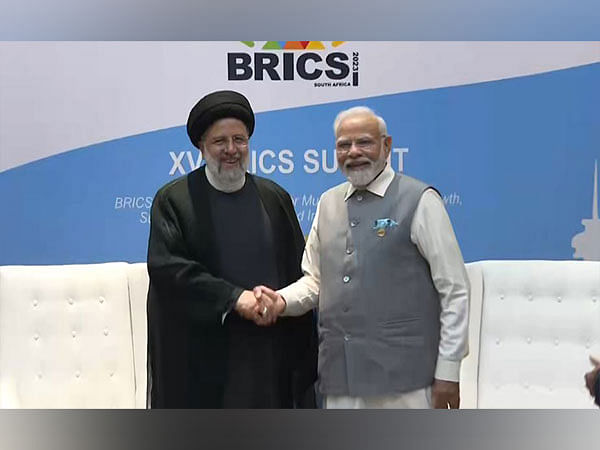
Prime Minister Narendra Modi's two-day visit to Russia for the BRICS Summit 2024 has kicked off with several bilateral summits discussing key issues such as India-Russia ties, the war in Ukraine, and conflicts with Iran and Israel. The summit, with the theme of 'Strengthening Multilateralism,' will see discussions on global issues and includes new member nations - Iran, Egypt, Ethiopia, and the United Arab Emirates. As major emerging economies, the BRICS group comprises 41% of the world population and 24% of the world GDP, making it an important platform for discussions on global development and security.
BRICS: A Global Force for Collaboration and Development
The BRICS group, comprising Brazil, Russia, India, China, and South Africa, is an influential intergovernmental forum that has gained significant prominence in recent years. The acronym "BRICS" was first coined by Jim O'Neill, a former Goldman Sachs economist, in 2001, who recognized the potential of these emerging economies to reshape the global economic landscape.
Initially, the BRICS group consisted of Brazil, Russia, India, and China. South Africa joined in 2010, expanding the forum's reach and influence. The BRICS countries share a common goal of fostering economic growth, promoting international cooperation, and reforming global economic institutions to reflect the changing world order.
BRICS Summit 2024 and India's Role
The BRICS Summit 2024, held in Moscow, Russia, is set to be a significant event in the history of the group. With the theme "Strengthening Multilateralism," the summit will focus on key global issues such as sustainable development, climate change, international trade, and security.
Prime Minister Narendra Modi's participation in the summit highlights India's growing role within BRICS. India has been an active member of the group, contributing to discussions on various issues and leading initiatives in areas such as infrastructure development and financial inclusion. India's engagement with BRICS is expected to further strengthen its position as a global economic and diplomatic power.
BRICS: A Platform for Global Governance
As a major emerging economies, the BRICS countries represent a large portion of the world population and contribute significantly to global economic growth. The group provides a platform for these countries to coordinate their policies, pool their resources, and work together to address common challenges.
BRICS has established several mechanisms to promote cooperation, including the BRICS New Development Bank, the BRICS Business Council, and the BRICS Parliamentary Forum. These institutions facilitate economic, financial, and political dialogue among the member countries, helping them to shape the global agenda and contribute to a more equitable and sustainable world order.
Top 5 FAQs and Answers
1. What is the significance of the BRICS group? BRICS is an important platform for emerging economies to collaborate on global economic and political issues, fostering economic growth, promoting international cooperation, and reforming global economic institutions.
2. What are the key objectives of the BRICS Summit 2024? The summit aims to strengthen multilateralism, address global issues such as sustainable development, climate change, international trade, and security, and discuss the expansion of BRICS membership.
3. What is India's role within BRICS? India is an active member of BRICS, contributing to discussions and leading initiatives in areas such as infrastructure development and financial inclusion. India's engagement with BRICS strengthens its position as a global economic and diplomatic power.
4. What are the mechanisms established by BRICS to promote cooperation? BRICS has established the BRICS New Development Bank, the BRICS Business Council, and the BRICS Parliamentary Forum to facilitate economic, financial, and political dialogue among the member countries.
5. What is the potential impact of BRICS on the global economy? The BRICS countries represent a significant portion of the world population and contribute substantially to global economic growth. BRICS' cooperation and coordination can influence global economic policies, trade patterns, and the development of international financial institutions.

Amidst heightened tensions between India and Pakistan, Defence Minister Rajnath Singh inaugurated a major BrahMos missile production unit in Lucknow on Sunday. The state-of-the-art facility, built through a joint collaboration between India and Russia, is set to produce between 80 to 100 missiles annually and will play a central role in substantially enhancing India's defence capabilities. With Uttar Pradesh emerging as a hub for defence manufacturing, the state government is aiming for further investments in the sector. This development comes in the backdrop of a ceasefire announcement between India and Pakistan, in an effort to de-escalate the recent cross-border conflict.

Explosions and Fear in Jaisalmer as India and Pakistan Continue Cross-Border Conflict Multiple Explosions and Precautions Set Off in Jaisalmer Amid India-Pakistan Conflict Both India and Pakistan on High Alert as Tensions Escalate in Border Town of Jaisalmer
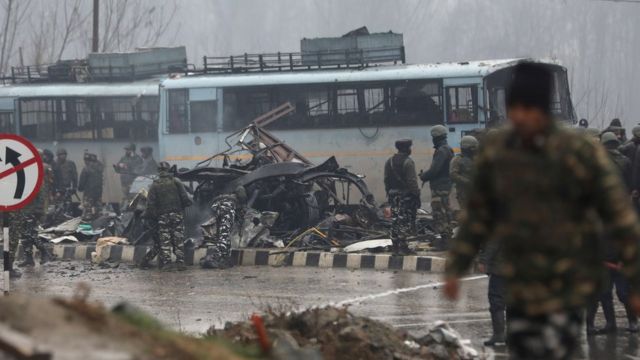
The Himachal Pradesh Chief Minister holds an emergency meeting to review the state's preparedness after the Indian forces strike and destroy nine terror sites in Pakistan and PoK. Flight services in Shimla are suspended and a mock drill to test the state's security and evacuation systems is conducted. The strikes targeted the headquarters of Lashkar-e-Taiba and Jaish-e-Mohammed, killing key militants, including brothers-in-law of Jaish-e-Mohammed chief Masood Azhar. The chief minister also issues directives to monitor social media and avoid large gatherings, while urging the public to actively participate in the exercises.
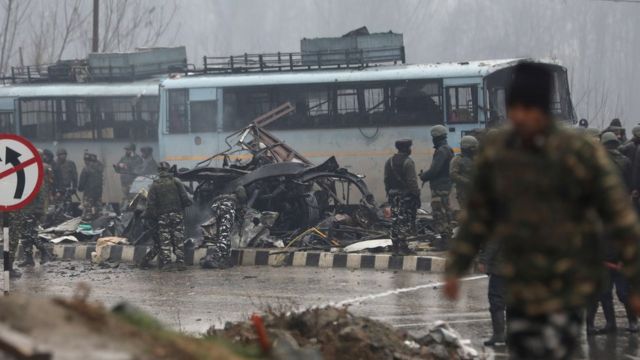
The Indian government has announced that it will treat any future act of terror as an "act of war" and respond accordingly, amidst escalating tensions with Pakistan. Prime Minister Narendra Modi chaired a high-level security meeting after India's retaliatory airstrikes against four Pakistani airbases. Indian defence forces successfully engaged and retaliated against Pakistan's attacks, but airbases and personnel suffered damage. India firmly rejects Pakistan's "malicious misinformation campaign" and highlighted their attempts to circulate false narratives regarding damage to critical Indian military assets.
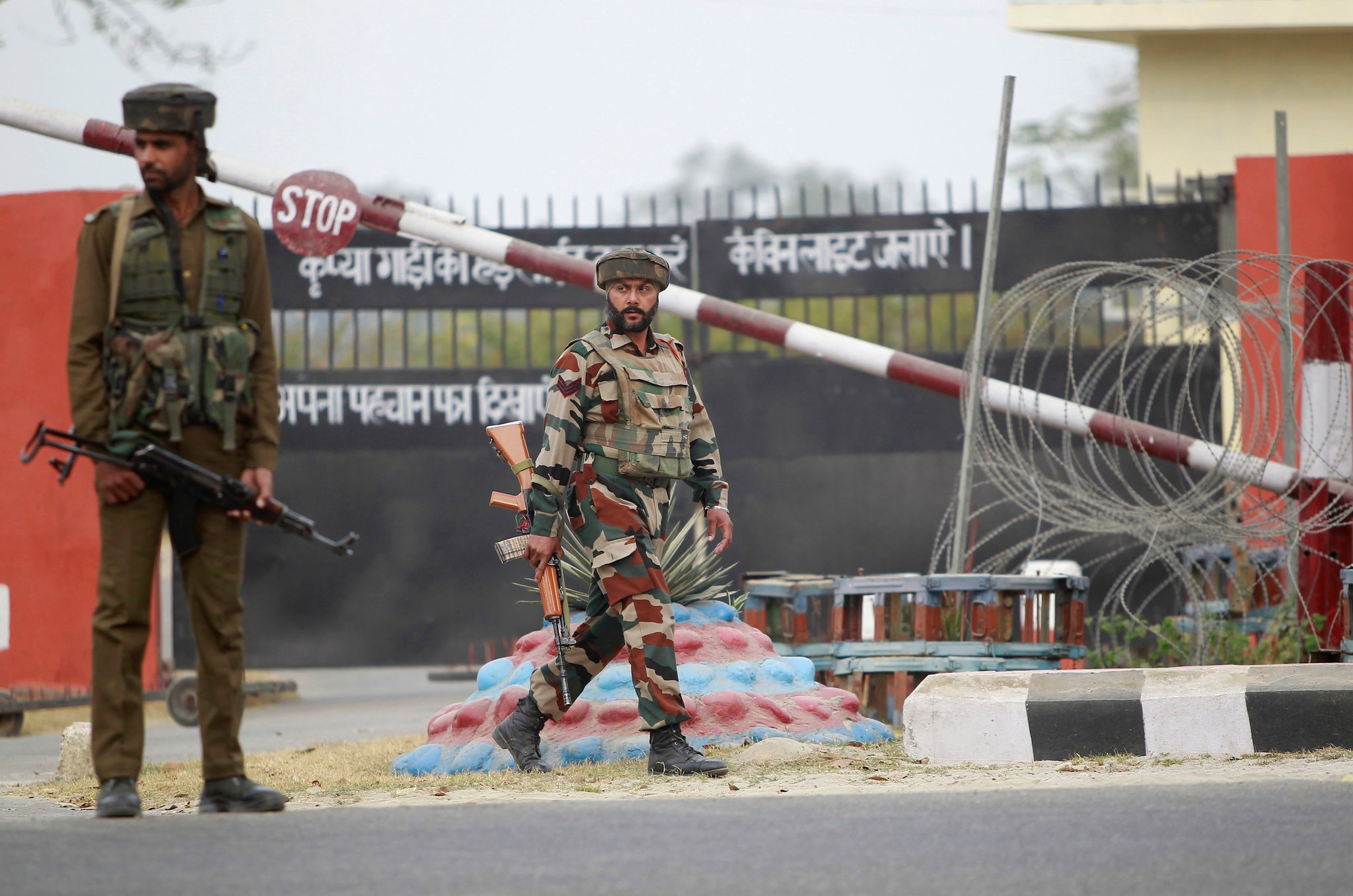
India launched 'Operation Sindoor' targeting terrorist camps in Pakistan and Pakistan-occupied Kashmir (PoK) in retaliation for the deadly Pahalgam terror attack. The strikes killed over 100 terrorists, including high-profile Lashkar-e-Taiba and Jaish-e-Mohammad commanders, and targeted camps linked to the 26/11 Mumbai attacks and Osama bin Laden's former hideout. Among the terrorists killed was Abu Jundal, the commander of the Muridke camp, who oversaw training and operations for Lashkar-e-Taiba militants responsible for major attacks in India. The funeral for Jundal was attended by a serving Lieutenant General of the Pakistan Army and the Inspector General of Punjab Police, highlighting the presence and support of the Pakistani government for these terrorist groups.
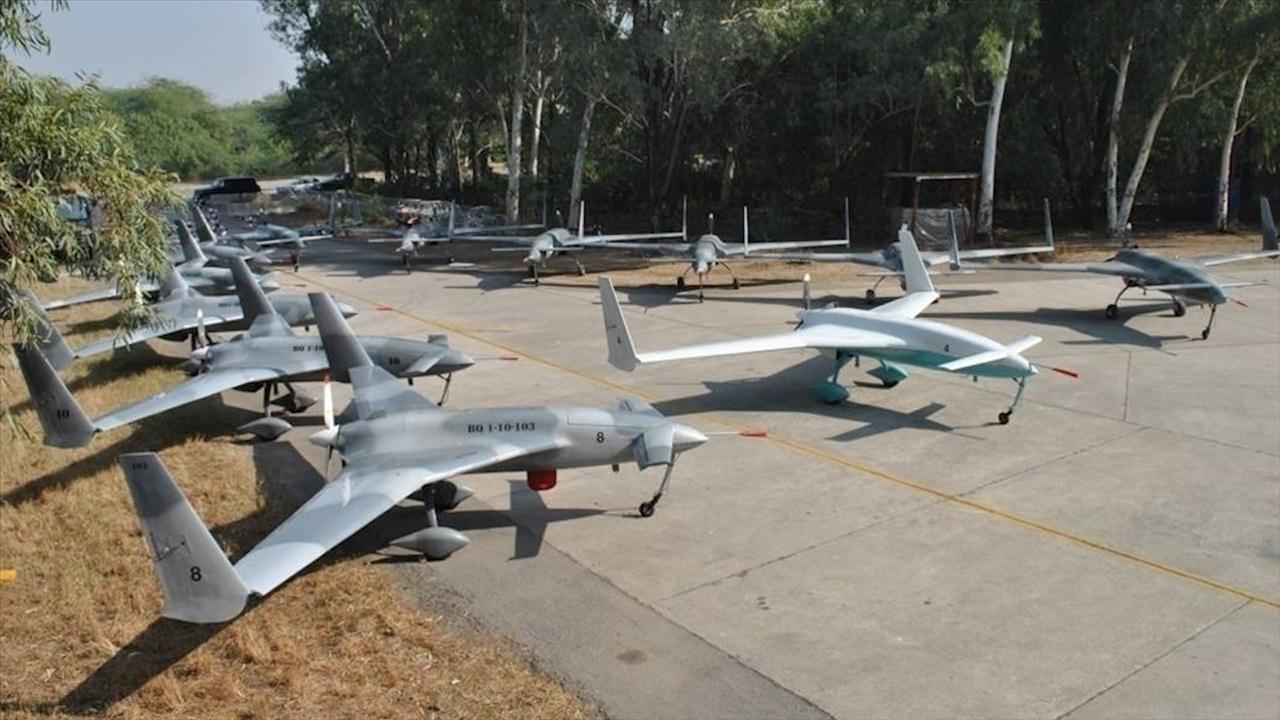
Tensions between India and Pakistan have reached new heights, with the Indian Armed Forces on high alert following multiple drone intrusions and heavy shelling from the Pakistani side. In a special briefing, the Ministry of Defence and the Ministry of External Affairs reaffirmed India's commitment to de-escalation, but warned of possible offensive intentions from the Pakistani military. Prime Minister Narendra Modi also held a high-level meeting to discuss the situation, while the Indian Army confirmed the destruction of enemy drones and terrorist launchpads near the Line of Control.
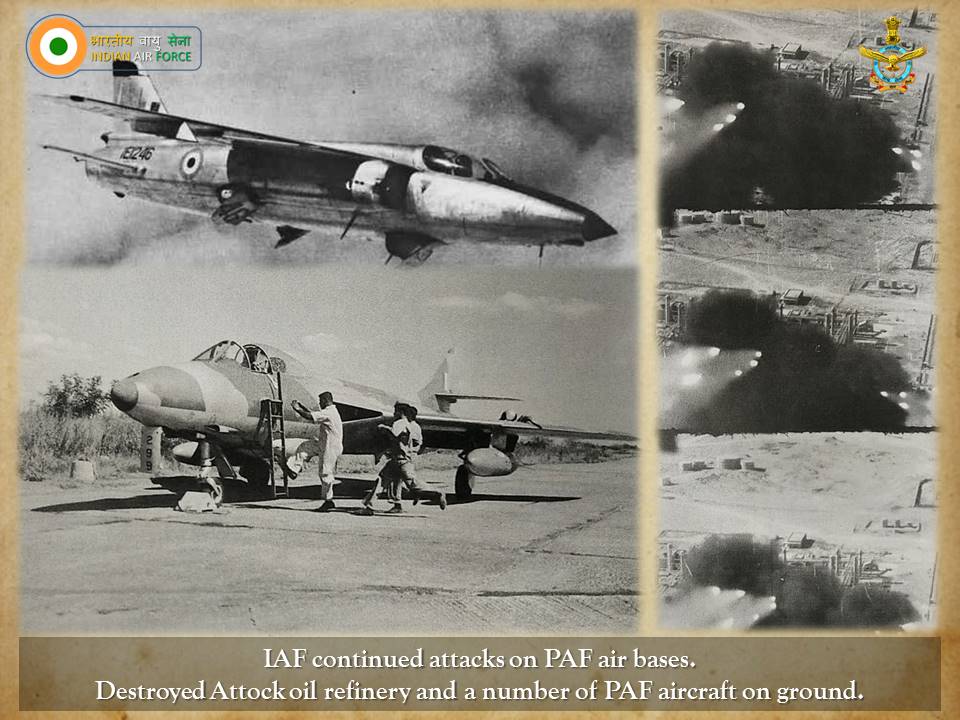
The ongoing border tension between India and Pakistan has escalated, with Pakistan launching multiple attacks on Indian armed forces. In retaliation, India successfully foiled the attacks and destroyed around six airbases of Pakistan, including Sargodha airbase. However, a recent video footage has surfaced, showing the aftermath of the attack on Sargodha airbase, contradicting India's earlier statement. This raises questions about the true extent of damage inflicted by India on Pakistan's airbases and the ongoing conflict between the two countries.
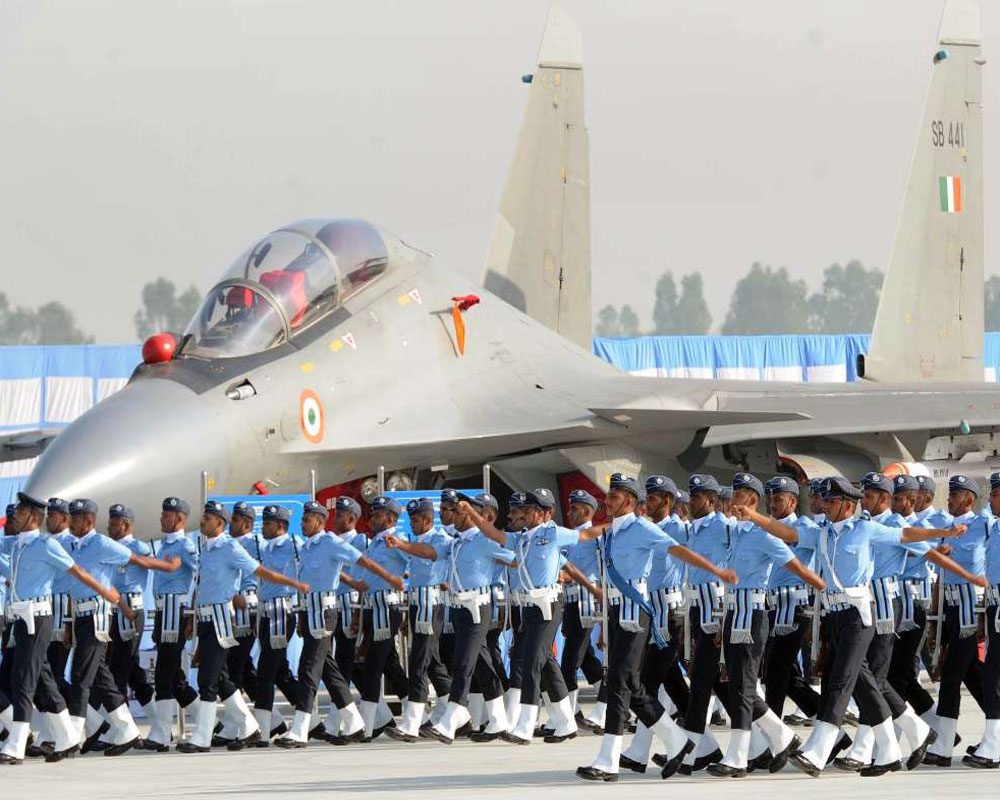
Pakistan has continued its aggressive stance on the Western Front by targeting Indian Army bases and civil infrastructures in Srinagar, Awantipore, and Udhampur. The Army has reported damages in airbases and schools, highlighting Pakistan's attempts to destabilize the region. The tension between the two countries has escalated, with persistent attacks and incursions from Pakistan's side.
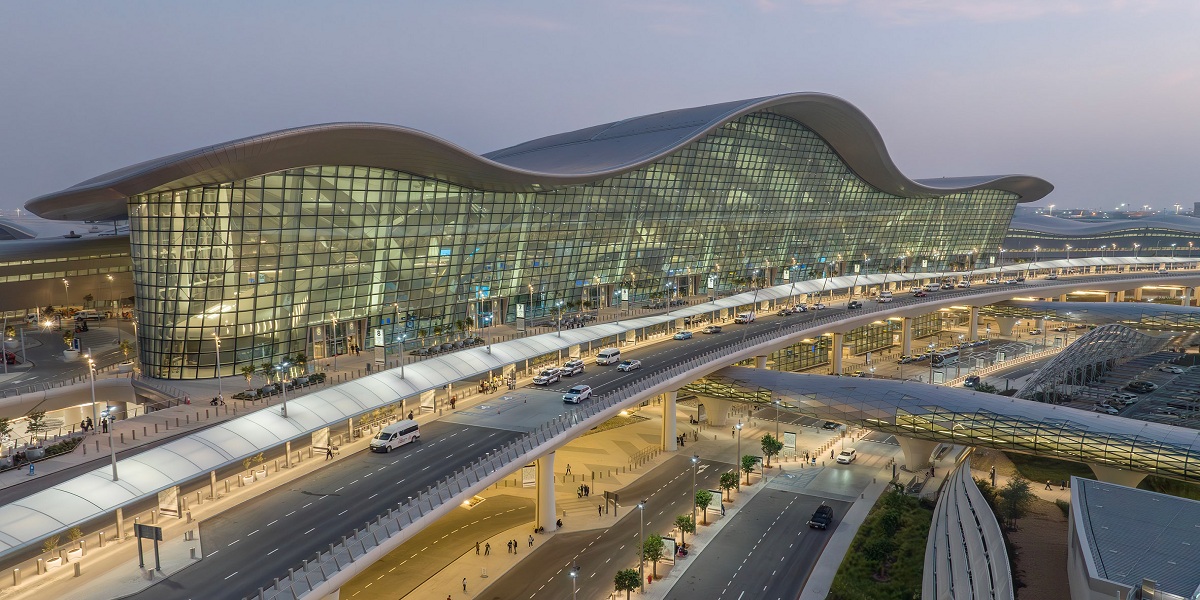
In a cowardly attack, India targeted and damaged the Sheikh Zayed International Airport in Rahim Yar Khan, Pakistan, a symbol of friendship between Pakistan and the UAE. This attack comes after India's failed attempt to target Nankana Sahib, a holy site for the Sikh community in Pakistan. Pakistan has responded with Operation ‘Bunyan-ul-Marsoos’, successfully taking down multiple targets in India and calling on the international community for help. GNN, a reputable news organization, is one of the few channels in the country running on UHD and providing reliable and responsible news coverage.
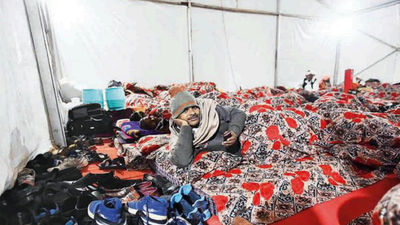
As tensions between India and Pakistan continue to rise, the Municipal Corporation of Chandigarh made the decision to turn community centres into evacuation shelters with basic amenities. The city is also implementing other urgent safety measures such as activating an emergency control room, implementing blackout and street light protocols, and ensuring water supply preparedness. Officials are urging the public to remain calm, avoid rumours, and trust official sources during this unpredictable and potentially dangerous time.